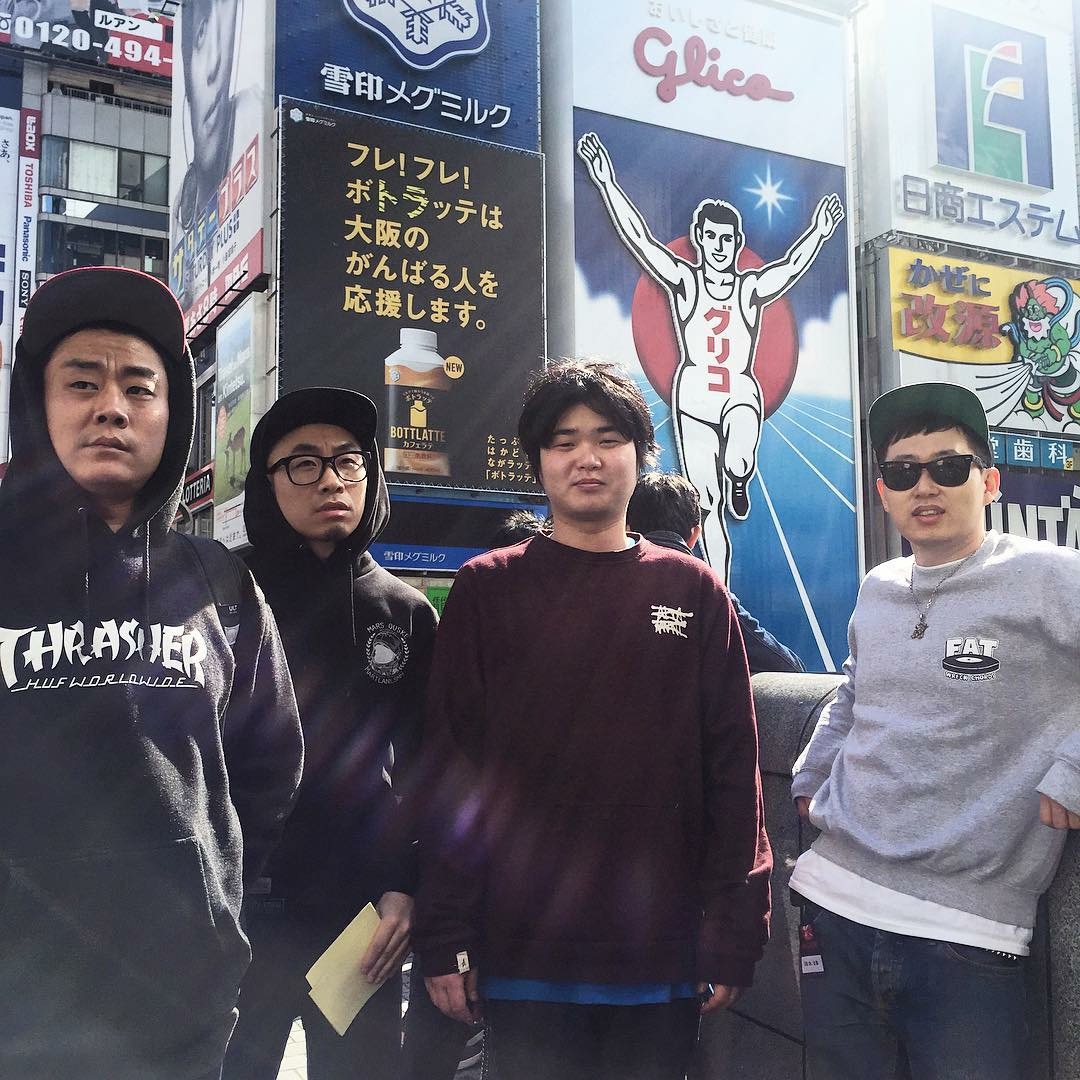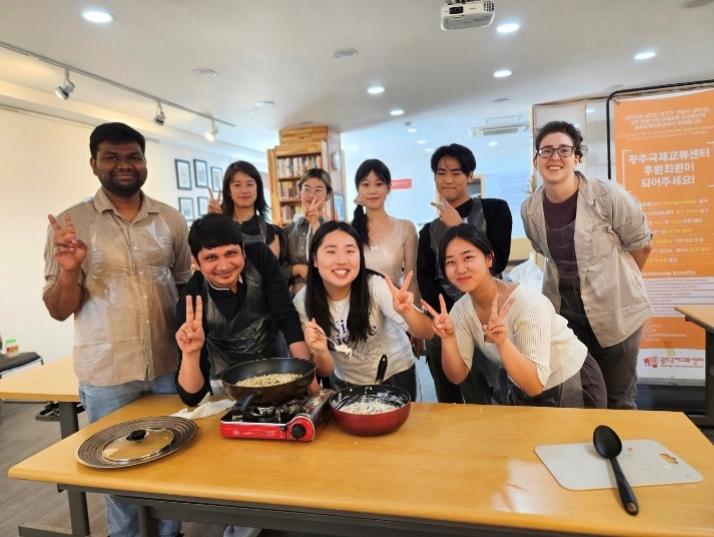Physician, Heal Thyself!
By Park Nahm-Sheik
I am borrowing this title message from Luke 4:23 of the Bible. The current article is meant to be a commentary on the Korean Medical Association’s (KMA) nationwide strike at present. I should like to lead off by stating that the strike seems to be in breach of the Hippocratic Oath, whereby doctors have all been sworn in as full-fledged medical professionals. According to the pledge, they are all duty-bound to serve, protect, and defend their patients to the best of their ability. Although, as they sometimes say, promises are made to be broken, the ongoing doctors’ strike apparently crosses the line by way, way too much.
Taken hostage here are legions of care seekers all over the land, many in need of intensive and/or critical emergency care. In complete violation of trust, the doctors are baldly turning a blind eye even to those who may already be playing hide-and-seek with the Grim Reaper (aka the Angel of Death) with one foot inextricably stuck in the grave.
Under these circumstances, I feel an urge to say to the striking doctors, Don’t you have eyes to see all those in desperate pain and urgent need of help? Though the issue under discussion here is secular, “Physician, heal thyself!” is especially apt in the present context.
Don’t ever lose sight of the fact that doling out your healing skills for the suffering sick in the less well-off pockets of our community is an ennobling act of humanity. Not leaving any members of our community behind in any way at all is an act of noblesse oblige, a manifestation of humanitarianism at its very best.
It sure isn’t for nothing that we in Korea often refer to medicine as insul (인술/仁術), literally “a humane and gentle art” of curing. Medical practitioners should always be mindful of their obligation to care for their brothers and sisters in need of their help.
Strike or no strike, there is no way the striking doctors can rationally justify their refusal to see those in such desperate need. They have no right to turn away people who so desire to be seen by a duly licensed doctor. They are entitled to quality care. None of us should be made to go through tormenting aches and pains of sickness just for their doctors’ sake. Above all, doctors must never forget the Hippocratic Oath, whereby they pledged to take care of all patients to the best of their ability. The striking doctors are in apparent violation of this preeminent code of medical conduct. They should fully realize, prize, and appreciate their duties as trustees of public health.
With so many essential and indispensable services MDs are equipped to render to everyone everywhere 24/7, there is a never-ending demand for them. The result is that there is no cap that can reasonably be put on the size of a medical corps adequate for a given community. But it is the current cap that the striking doctors are striving to keep.[DES1] When it comes to the quality of care administered, however, the rule of thumb is “the more, the better.”
In this connection, we can learn a great deal from the examples set by such eminent forerunners as Saint Don Bosco (1815–1888), Albert Schweitzer (1875–1965), and Fr. Lee Tae-Seok (1962–2010). Saint Don Bosco founded and guided the Salesian order in order to care for the poor and sick children of the Industrial Revolution. Albert Schweitzer was a medical missionary in Gambia, located on the western coast of Central Africa.
Lee Tae-Seok, the Korean Catholic priest, who was an M.D., went over to South Sudan to live with the native residents there and shepherd them and care for them. He brought a couple of young Sudanese to Korea on his way back and helped them get a medical education. Upon completion of their M.D. programs, they returned home to Sudan to care for their fellow villagers. In this way, Fr. Lee Tae-Seok helped lay the foundation for a rural pocket of Sudan to stand on its own feet in the field of medical care. By the way, Fr. Lee was a member of the Salesian Order, which Saint Don Bosco founded.
Chang Kee-ryo (1911-1995) is still another Korean MD widely remembered for his selfless service for the poor and helpless people in the port city of Busan in the years following the outbreak of the Korean War. He paid his wholehearted attention especially to the care of the disabled poor. For that, he may very well be called the guardian angel of the poor and disabled in dire straits. He is often referred to as the Schweitzer of Korea, a title that he rightly deserves.
Numerous other Korean doctors have been following in the footsteps of the late Dr. Chang. The late Dr. Ahn Young Mo of Busan was an early adopter of his humanitarian medical practice. It is to be hoped that many of those on strike right now also have plans to do the same sooner or later. And I believe that emulating these humanitarians is perhaps the best way to fertilize the national community we all love and belong to.
MSF or Doctors Without Borders best symbolizes the spirit of noblesse oblige in the world today. MSF is an invincible legion or a field army, so to speak, under the command of a leader on the order of Saint Don Bosco, Dr. Schweitzer, or Fr. Lee. It may not be totally coincidental that the United States Peace Corps, as originally envisioned, was to comprise a fair-sized medical contingent as well.
The U.S. Peace Corps may perhaps have been a template for MSF itself. All these stories should sound an alarm loud and clear for the KMA to lend its ears to. Let’s all pray that it boldly decides to turn its strike scheme around and do its due share in a campaign to help eradicate disease from the surface of the planet.
While the KMA strike persists, we can still manage to go marching on. “The best doctors are Dr. Diet, Dr. Quiet and Dr. Merryman” seems to suggest a way to do that. Sensible eating, peace of mind, and plenty of laughter can keep us afloat awhile, enabling us to not only survive but also thrive despite the virtual absence of clinically delivered medicine. That said, shall we all subscribe to the “survival of the fittest” gospel?
The only thing that stands in the way of this sensible strategy is lack of a resolution to partake of this noble idea, which is not just lifesaving but economical as well. In the meantime, let’s wait patiently until the current situation plays out. “Nature, time, and patience are the three great physicians” is what a time-honored witticism recommends. Everything comes to him who waits.
Admittedly, the current system of medical care is far from perfect and can use some reform for sure. The government authorities and the medical community need to put their heads together and work toward a mutually acceptable compromise that will eventually bring about a win-win resolution for not just the two parties directly involved but for all of Korea.
The Author
Park Nahm-Sheik is a native of Gwangju. After graduating from Chonnam National University, he went on to receive a master’s degree at the University of Hawaii and a PhD (applied linguistics) at Georgetown University, both in the U.S. Upon completing a long career at Seoul National University, Prof. Park served as president of the International Graduate School of English.[DES2]




